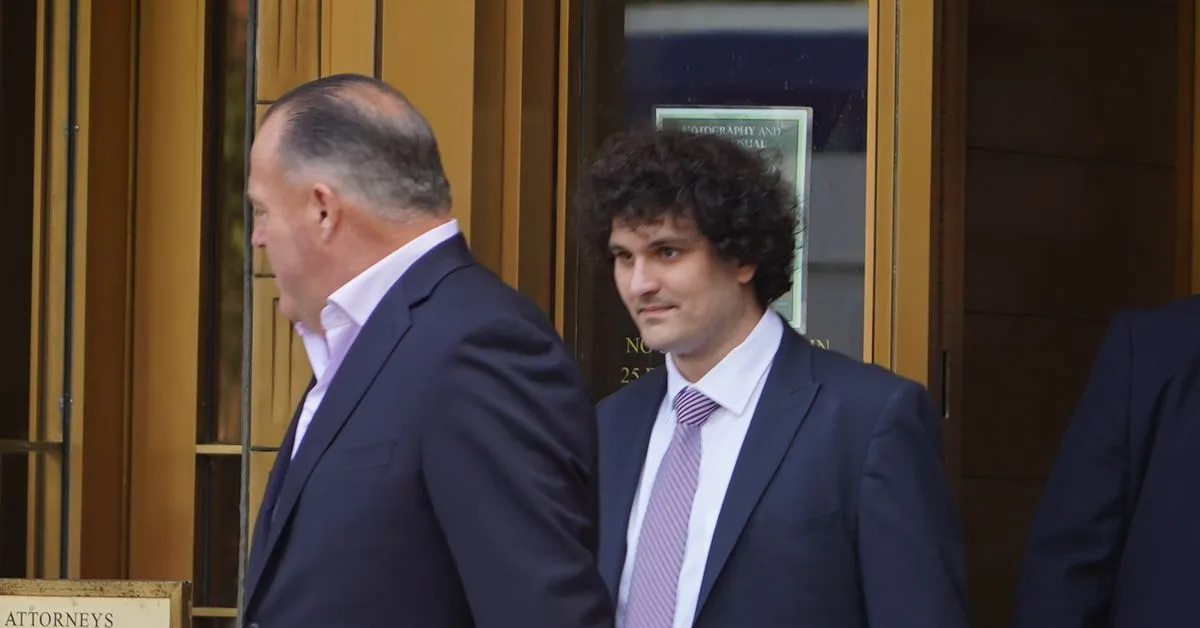Sam Bankman-Fried, who has pleaded not guilty to multiple counts of fraud after his crypto exchange collapsed in November 2022, is currently engaged in legal skirmishes with the Department of Justice (DOJ) over the terms of his October trial. In a Tuesday legal filing, the DOJ argued that Bankman-Fried’s plan to argue his lawyers approved alleged fraud during his time at FTX should be struck down for being “irrelevant.” U.S. Attorney Damian Williams said in the filing, “The Court should preclude irrelevant, confusing, and prejudicial questioning, evidence, and arguments about the involvement of attorneys” if no further details are provided, arguing Bankman-Fried should specify the legal advice or abandon his proposed defense.
Williams made similar remarks about the use of auto-deleting Signal messages by FTX staff, and the drafting of loan agreements which the government says actually used customer money, after Bankman-Fried indicated he was planning to pin blame on his former counsel at the Fenwick & West law firm as part of his defense. In a response sent early Wednesday morning, Bankman-Fried’s lawyer Mark Cohen said he had already made “sufficient” disclosures about defense strategy while waiting for the government’s full bundle of evidence.
In a Monday filing, the government also sought to ban all of Bankman-Fried’s proposed expert witnesses from testifying. Bankman-Fried, originally bailed on a $250 million bond, was sent back to jail in August, after attempting to contact one witness, Ryne Miller, and leaking the diary of another witness, Caroline Ellison, to the New York Times. Lawyers are now debating when and how he should be released from his cell to speak to counsel and review documents linked to the case, involving Judge Lewis Kaplan in a dispute over exact page lengths and laptop battery lifetimes.
